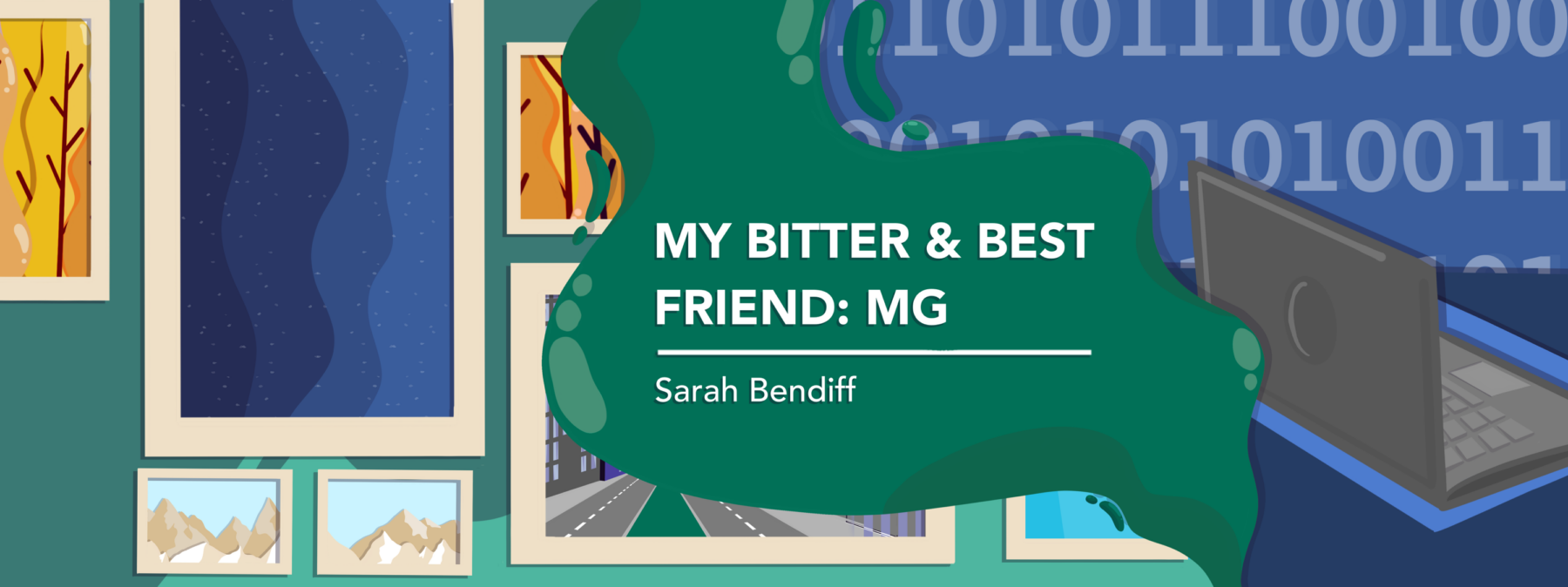What friends may not understand about living with myasthenia gravis
Preserving my energy and setting boundaries are crucial to my health
Written by |

Ahead of every family reunion, plan, and event, I fear saying the famous “I’m tired, I can’t” — not because of how it might affect me, but because of how others might react. Normally, I’d be “selfish” and preserve my energy, but in these moments, I feel like I’m in high school again, where all that matters is fitting in and being cool.
I often get invited to events such as weddings, parties, or even basic walks, and though I’d like to go, my body simply doesn’t want to cooperate. I have myasthenia gravis (MG), so my “energy battery” is always low. I try to decline invitations politely, but sadly, I’ve received some unhappy reactions. Some people encourage me to attend anyway, saying things like, “Come on! Try to make it this time! You’re always sick anyway.”
My first reaction is to get angry. I feel the need to scream, “Oh yeah? Always? Is that supposed to make it easier? After 16 years of being sick, is my MG supposed to disappear? Am I supposed to just get used to it?”
Eventually, though, it hit me: The comments I receive now are just like the ones I made to friends back in high school when they didn’t want to join in on some risky adventure. I didn’t respect their boundaries back then, just as many people don’t understand mine now. It’s not about illness; it’s about feeling left out. “But you’re always sick” means “we miss the old you.”
The reality of living with MG
As an MG patient, I can forget how “normal” life used to work. Taking risks used to mean something different, something exciting — but now, it just involves pain and consequences. Healthy people don’t have to pay the same physical price for pushing through that those of us with MG do. It can be hard for others to understand that.
This phenomenon is not the only one I’ve witnessed. Lately I’ve felt left out of plans, and I think it’s because many people assume that I don’t want to join in on activities, or that my condition prevents me from being able to do anything fun.
There’s more! Sometimes people speak for me. For example, if we’re on a long walk, someone might say, “Oh, we shouldn’t go any farther. Sarah’s gonna get tired.” I’m grateful for the care and acknowledgment, but I’m still here and have the capacity to speak for myself. I know my body’s limits, and as confusing as it may seem, MG isn’t always linear; the symptoms can come and go like magic.
So what can those of us with MG do? We can stand our ground as we would with high school “cool” defenders, not needing to justify our boundaries by explaining why we can’t do something. Simply saying “I don’t want to” can be enough. Or we can acknowledge the person’s loss: Perhaps they miss the version of us that could do everything. Offering alternatives, such as watching a movie instead of going out, can help to bridge that gap.
MG doesn’t just affect us. It also changes how people see us. Perhaps things would be easier if we could guide others through the changes we’re experiencing, as we know better than anyone how challenging it is to grieve our old selves.
Note: Myasthenia Gravis News is strictly a news and information website about the disease. It does not provide medical advice, diagnosis, or treatment. This content is not intended to be a substitute for professional medical advice, diagnosis, or treatment. Always seek the advice of your physician or other qualified health provider with any questions you may have regarding a medical condition. Never disregard professional medical advice or delay in seeking it because of something you have read on this website. The opinions expressed in this column are not those of Myasthenia Gravis News or its parent company, Bionews, and are intended to spark discussion about issues pertaining to myasthenia gravis.



Mary Lynne Knighten
Sarah, thanks for sharing your insights and posdible solutions. I never thought that others might be experiencing loss; I just focused on my losses. Eye-opening!
Sarah Bendiff
I’m glad this column helped guide your reflection. It took me time to realize that we understand because we feel it, but others can’t if we’re not here to explain.